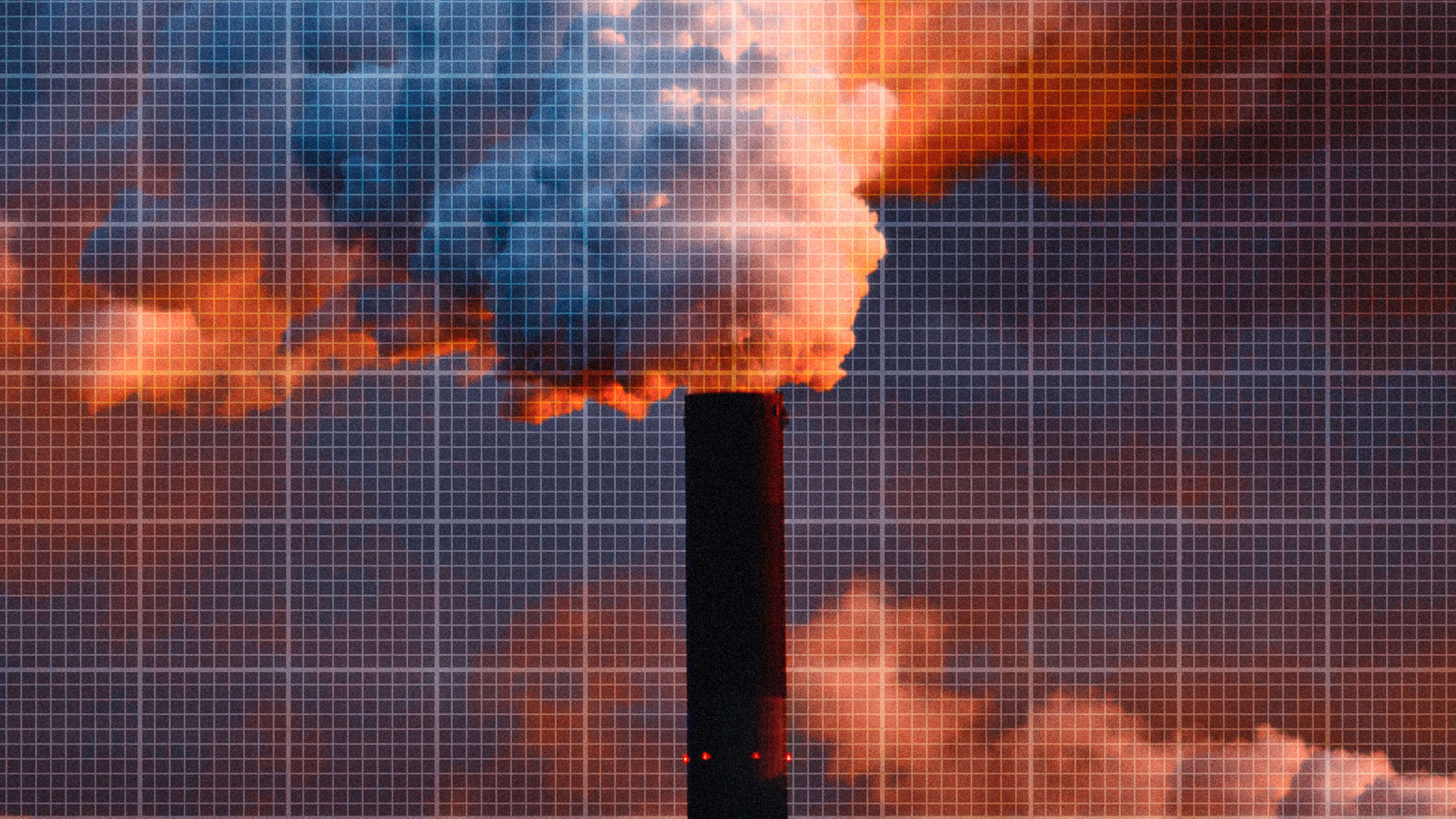The world’s biggest companies have started adding up the financial risks they face from climate change–and for 215 companies that disclosed those potential costs in a new report, the total financial impact could be nearly $1 trillion. Many of those costs could occur within the next five years.
CDP, a nonprofit that has been gathering climate-related information from companies for 20 years, published a new report that included estimates of specific costs for the first time. Even though costs in the report are enormous, at around $970 billion, the total cost to businesses will be far larger, because only a small fraction of companies reported. Of those that did, many likely also underestimated risks. “If we extrapolate, we believe the number would be many times bigger than $1 trillion,” says Bruno Sarda, president of CDP North America.
Companies face a huge range of risks, from flooded factories to reduced demand for some products because consumers are responding to climate change. They reported $250 billion in potential losses from assets that may have to be abandoned, whether those are polluting power plants that need to close early or properties near coastlines that can’t be used because of flooding. The California power company PG&E estimated in 2018 that it faced a risk of $2.5 billion in costs because of increasing wildfires. But after the company’s power lines helped cause the deadly Paradise fire, it ended up with far higher costs. In January, when it filed for bankruptcy, it put the number at $30 billion.
The drug giant Eli Lilly noted that it faces risks from droughts, floods, and hurricanes in its manufacturing plants and warehouses. Hurricane Maria–a storm made worse by climate change–disrupted the company’s operations in Puerto Rico when the power went out. But the company also calculated that it could make more money as climate change increases infectious diseases and creates more demand for drugs.
That balance between preparing for loses and scoping out opportunities pervades the report. The companies that gave specific figures in the report estimated that climate change could create $2.1 trillion in business growth for them. In some cases, that represents an opportunistic approach to the problem. Power companies estimate that electric bills could go up as people need to use air conditioners more often. But there’s also money to be made in solutions like solar power that address the root problem of emissions. That’s something that banks are particularly aware of. “The financial sector sees $1.2 trillion of potential revenue from things like being able to invest in and or finance the transition to this low carbon economy,” Sarda says. “So they see a massive amount of investment needed to shift the economy to a new set of solutions.”
The report summarizes company responses from 2018, and data collection for 2019 is now underway. CDP expects that more companies will be able to provide numbers this year. It’s information that investors want, and as companies better understand their own risks, it can also lead to changes. “There are many organizations that have already made significant investments and achieved significant returns in both hardening the resilience of their organizations, but also transitioning their business models,” Sarda says.
Recognize your brand’s excellence by applying to this year’s Brands That Matter Awards before the early-rate deadline, May 3.
